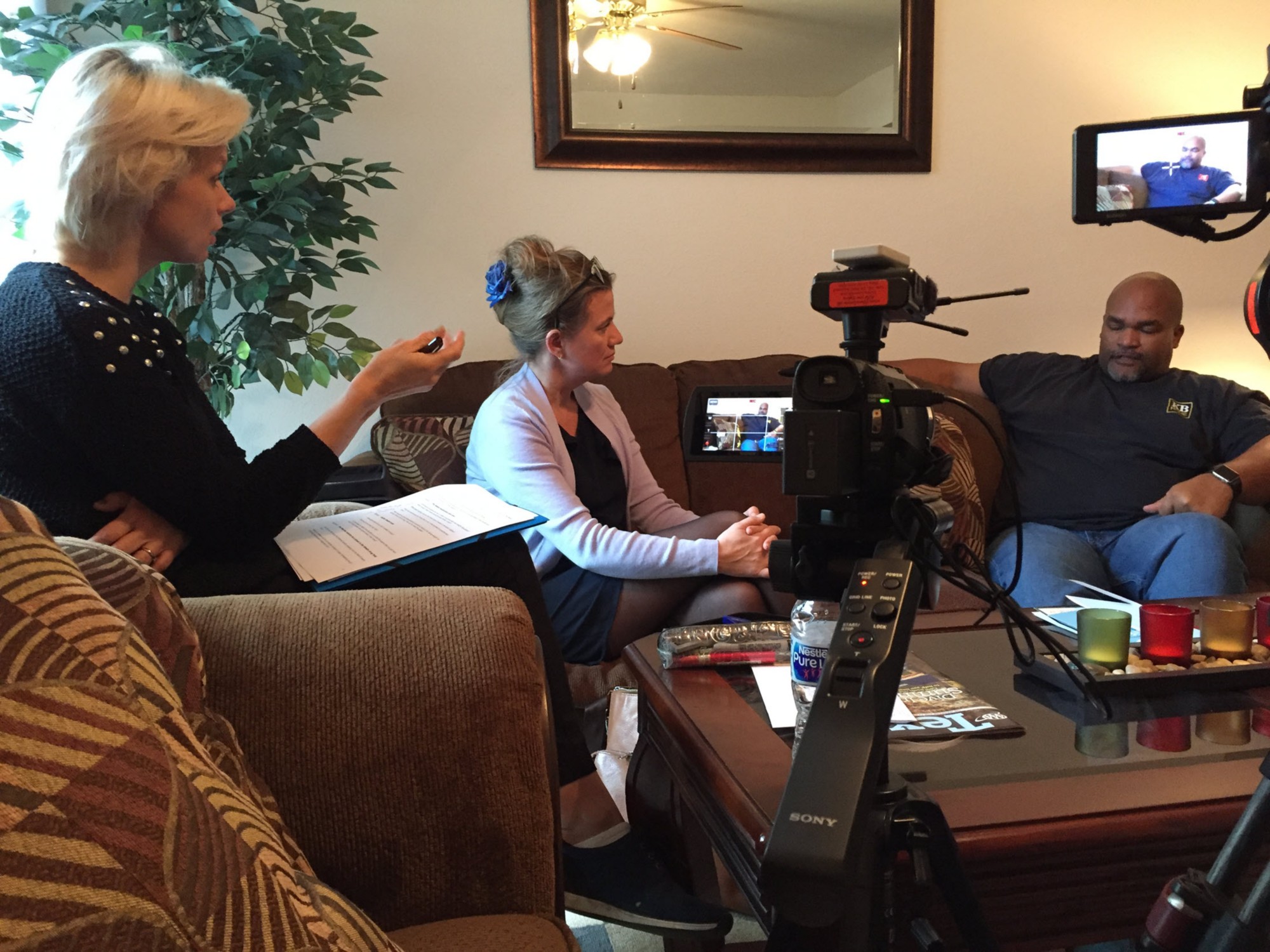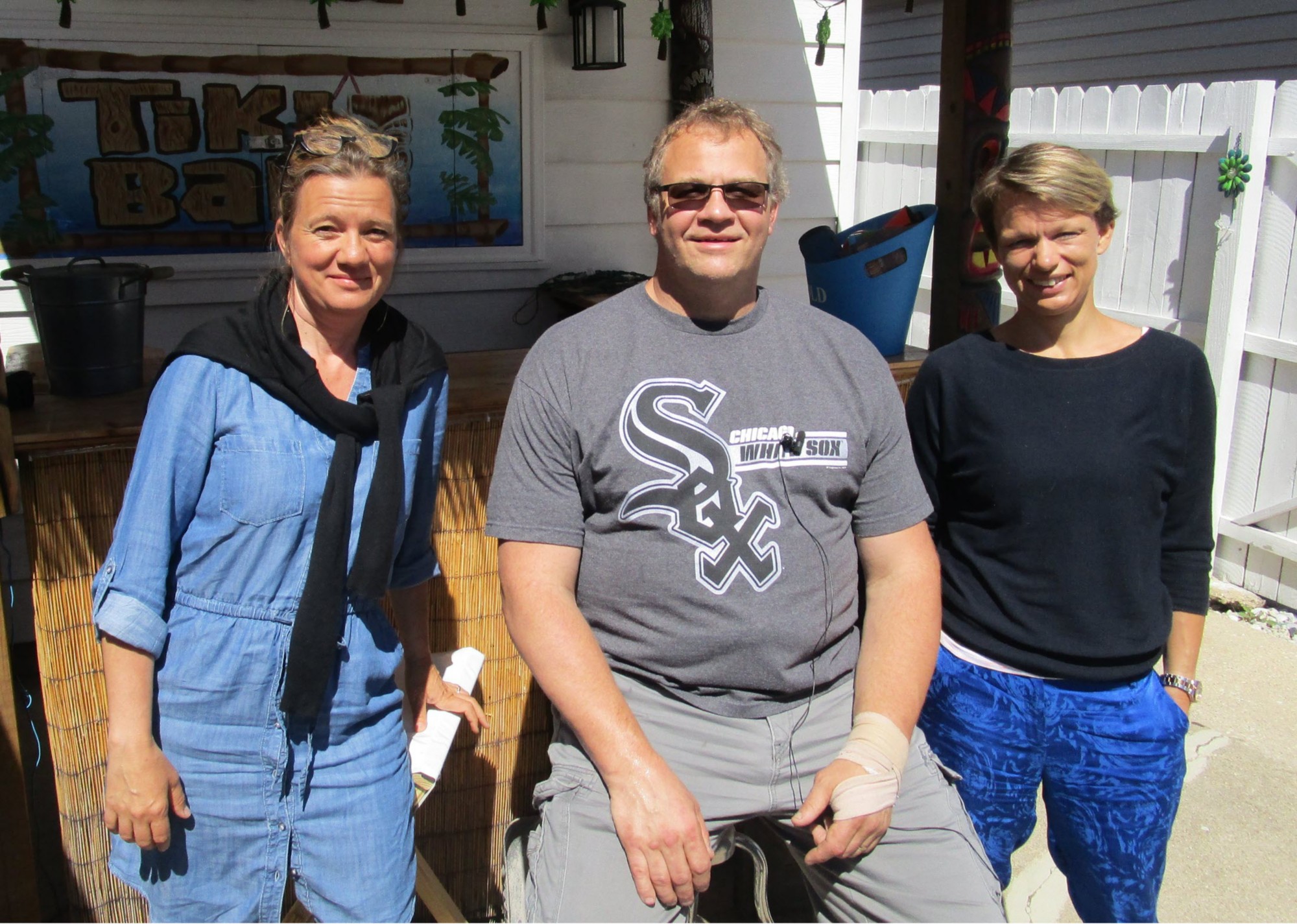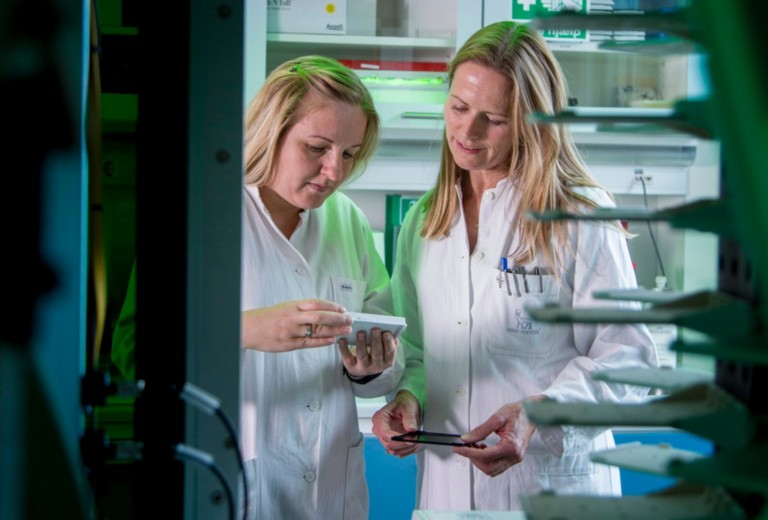They visit people’s homes, go grocery shopping with them, and see how they take their medication. They listen to people talk about their everyday lives, challenges, hopes and dreams. And they do so in countries across the world.
Novo Nordisk anthropologists Kirsten Lauritsen and Eva Tang Vangkilde have visited hundreds of people living with diabetes and obesity to better understand their daily lives. It is their job to find out whether our solutions, whether it be an insulin pen or a patient support program, meet actual patient needs - not needs we assume they have.
“People with chronic diseases lead very complex and difficult lives. On top of taking care of their jobs and families, they often face other challenges as well such as additional health-related issues. As a result, managing their chronic disease might not be a priority,” Kirsten explains.
“When designing devices such as insulin pens for people living with chronic diseases, we have to understand that providing state-of-the-art technical solutions will not necessarily make them follow their treatment plan. We have to make sure that the treatment is seamless and that they have the support they need.”

While we have a long history of working with patients to make sure our solutions meet their needs, anthropological research has proven to provide insights that are difficult, if not impossible, to capture otherwise.
“It’s not enough to simply ask people with chronic diseases why they don’t follow their treatment plan and what would help them do so, because very often human beings don’t know why they act the way they do,” Eva explains. “By spending time with and talking to people about their everyday lives and applying our data to an anthropological analysis, we are able to see beyond what they can put into words and we can explain their challenges in much deeper detail.”
As a result of their deep understanding of patients, Kirsten and Eva have been able to faithfully represent the patient perspective in multiple device design projects in Novo Nordisk.
“Design is about finding a solution to a problem, and that’s where we as anthropologists come in. We help our designers identify the right problem to solve, based on a profound understanding of the challenges people using our products are facing. Innovation starts with empathy,” Kirsten says.
And this point of view is invaluable, according to Peter Herskind, Director of Alternative Delivery Technology at Novo Nordisk, who has worked with Kirsten and Eva on development projects focused on smart insulin pens.
“In my opinion, one of Kirsten and Eva’s key contributions is that they have managed to shake scientists and engineers, like myself, out of the mindset that we must find a way to make use of all the cool new technological opportunities that emerge,” he says. “Thanks to their insights, we understand the people we are designing for much better and initiate design projects based on their needs, not a given technology.”

In addition to helping shape design processes, Kirsten and Eva’s findings have also come to influence strategic decisions at Novo Nordisk. Anders Dyhr Toft, Corporate Vice President of Commercial Innovation, credits the patient insights gained through anthropological research as playing a crucial role in guiding Novo Nordisk’s journey into digital health.
“Our anthropologists have done an amazing job in opening our eyes to the challenges people with chronic diseases face when trying to follow their treatment plan,” he says. “These insights have played a key role in our decisions to develop smart insulin pens as well as digital products that support people in managing their disease.”
While many Novo Nordisk employees have benefitted from Kirsten and Eva’s insights throughout the past nine years, the invitations to represent the patient perspective keep coming.
“It’s very easy to lose yourself in the design of the solution and forget who you are designing for,” Eva says. “We’re here to remind our colleagues that designing the perfect solution from a technical point of view is not enough – the product needs to fit into the everyday lives and make sense, not to us, but to the people who need it.”
